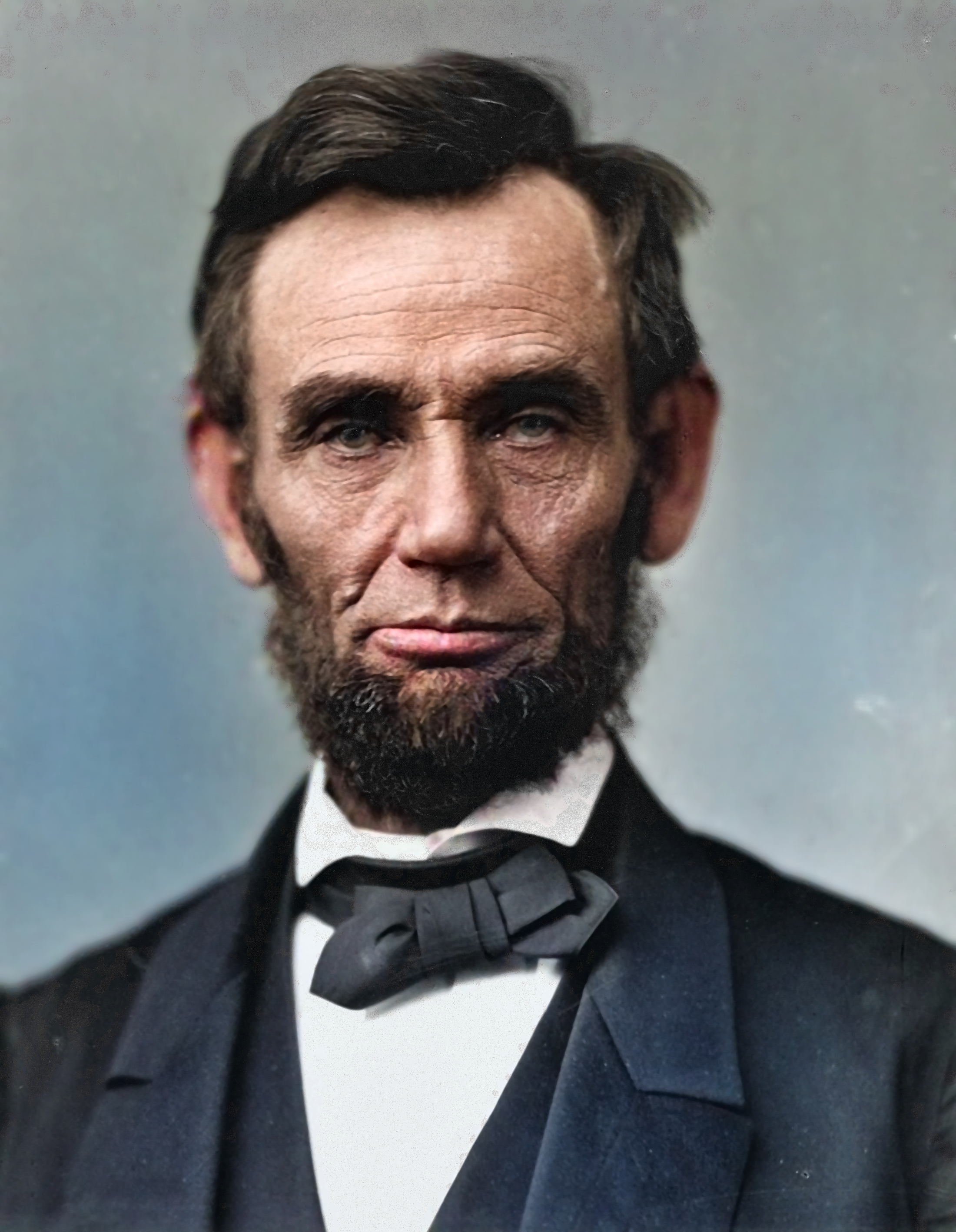Abraham Lincoln – Abraham Lincoln is one of the most iconic and revered figures in American history. He is known as the Great Emancipator who led the United States through one of its most difficult periods, the Civil War. Lincoln’s leadership and vision helped to preserve the Union, end slavery, and establish a lasting legacy that continues to inspire generations. In this article, we will explore the life, legacy, and leadership of America’s 16th president.
The Life, Legacy, and Leadership of America’s 16th President
Early Life and Career
Abraham Lincoln was born on February 12, 1809, in a log cabin in Hodgenville, Kentucky. He was the second child of Thomas and Nancy Hanks Lincoln. His family was poor, and he had very little formal education. As a child, Lincoln worked on the family farm and helped his father in various odd jobs.
Despite his lack of formal education, Lincoln was an avid reader and taught himself law by reading books. He moved to Illinois in 1830 and worked as a clerk, surveyor, and postmaster. He also served in the Illinois State Legislature and became a lawyer in 1836.
Entering Politics
Lincoln was first elected to the United States House of Representatives in 1846. During his time in Congress, he became known for his opposition to the Mexican-American War and his support for the Wilmot Proviso, which sought to ban slavery in any territory acquired from Mexico. Lincoln’s stance on slavery made him a rising star in the Republican Party.
In 1860, Lincoln ran for president as the Republican nominee. His election was highly controversial, and it sparked a wave of secession from Southern states. Despite this, Lincoln was inaugurated on March 4, 1861, and he pledged to preserve the Union.
The Presidency
The Civil War
Lincoln’s presidency was defined by the Civil War, which began on April 12, 1861, when Confederate forces attacked Fort Sumter. Lincoln was determined to preserve the Union, and he called for 75,000 volunteers to put down the rebellion.
Emancipation Proclamation
In 1862, Lincoln issued the Emancipation Proclamation, which declared that all slaves in Confederate-held territory were to be set free. This was a significant step in the fight against slavery and a key moment in American history.
The Gettysburg Address
On November 19, 1863, Lincoln delivered one of his most famous speeches, the Gettysburg Address. In it, he honored the soldiers who had fought and died at the Battle of Gettysburg and reaffirmed his commitment to preserving the Union.
Reconstruction
After the war, Lincoln faced the challenge of rebuilding the country and integrating the South back into the Union. He promoted a policy of leniency and reconciliation, but his plans were cut short when he was assassinated in 1865.
Legacy
Abraham Lincoln’s legacy is profound and far-reaching. He is remembered as the Great Emancipator who ended slavery and preserved the Union. His leadership during the Civil War was crucial to the survival of the United States, and his commitment to justice and equality continues to inspire people all over the world.
Lincoln’s legacy also includes his contributions to the abolitionist movement and the fight for civil rights. He believed that all men were created equal and worked tirelessly to end the institution of slavery. His Emancipation Proclamation helped pave the way for the 13th Amendment to the Constitution, which abolished slavery throughout the United States.
Leadership Lessons
Abraham Lincoln’s leadership style has been studied and admired by people for generations. He was known for his honesty, humility, and ability to inspire others. Some of the key leadership lessons we can learn from Lincoln include:
- Lead by example – Lincoln was willing to make difficult decisions and stand up for what he believed in, even if it was unpopular.
- Communicate clearly – Lincoln was a master communicator who was able to rally people to his cause with his speeches and writings.
- Surround yourself with talented people – Lincoln was not afraid to hire people who were smarter than him or had different viewpoints.
- Stay committed to your principles – Lincoln never wavered in his commitment to justice, equality, and the preservation of the Union.
- Learn from failure – Lincoln experienced many failures in his life, but he never gave up. Instead, he learned from his mistakes and used them to grow as a leader.
Conclusion
Abraham Lincoln was a remarkable leader and a man of great integrity. His legacy continues to inspire people all over the world, and his leadership lessons are just as relevant today as they were in his time. Lincoln’s commitment to justice, equality, and the preservation of the Union is a shining example of what true leadership looks like. We can all learn from his example and strive to be better leaders in our own lives.
FAQs
- What were Abraham Lincoln’s views on slavery?
Abraham Lincoln was opposed to slavery and believed that it was morally wrong. He worked tirelessly to end the institution of slavery, and his Emancipation Proclamation helped pave the way for its abolition.
- What were some of Abraham Lincoln’s most famous speeches?
Some of Abraham Lincoln’s most famous speeches include the Gettysburg Address, the Emancipation Proclamation, and his second inaugural address.
- How did Abraham Lincoln die?
Abraham Lincoln was assassinated by John Wilkes Booth on April 14, 1865.
- What were some of Abraham Lincoln’s key leadership qualities?
Abraham Lincoln was known for his honesty, humility, and ability to inspire others. He was also a master communicator and was committed to justice, equality, and the preservation of the Union.
- What is Abraham Lincoln’s legacy?
Abraham Lincoln’s legacy is profound and far-reaching. He is remembered as the Great Emancipator who ended slavery and preserved the Union. His leadership during the Civil War was crucial to the survival of the United States, and his commitment to justice and equality continues to inspire people all over the world.




